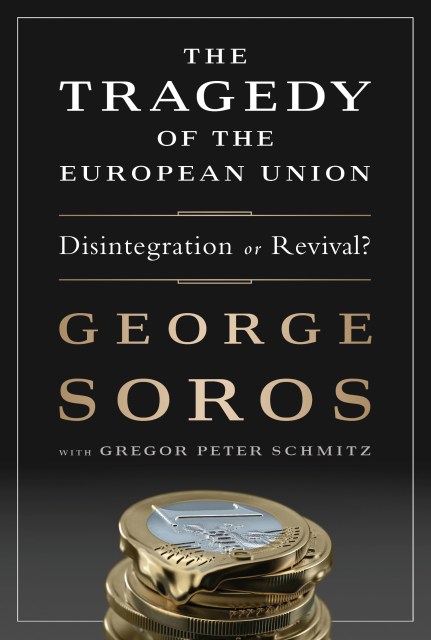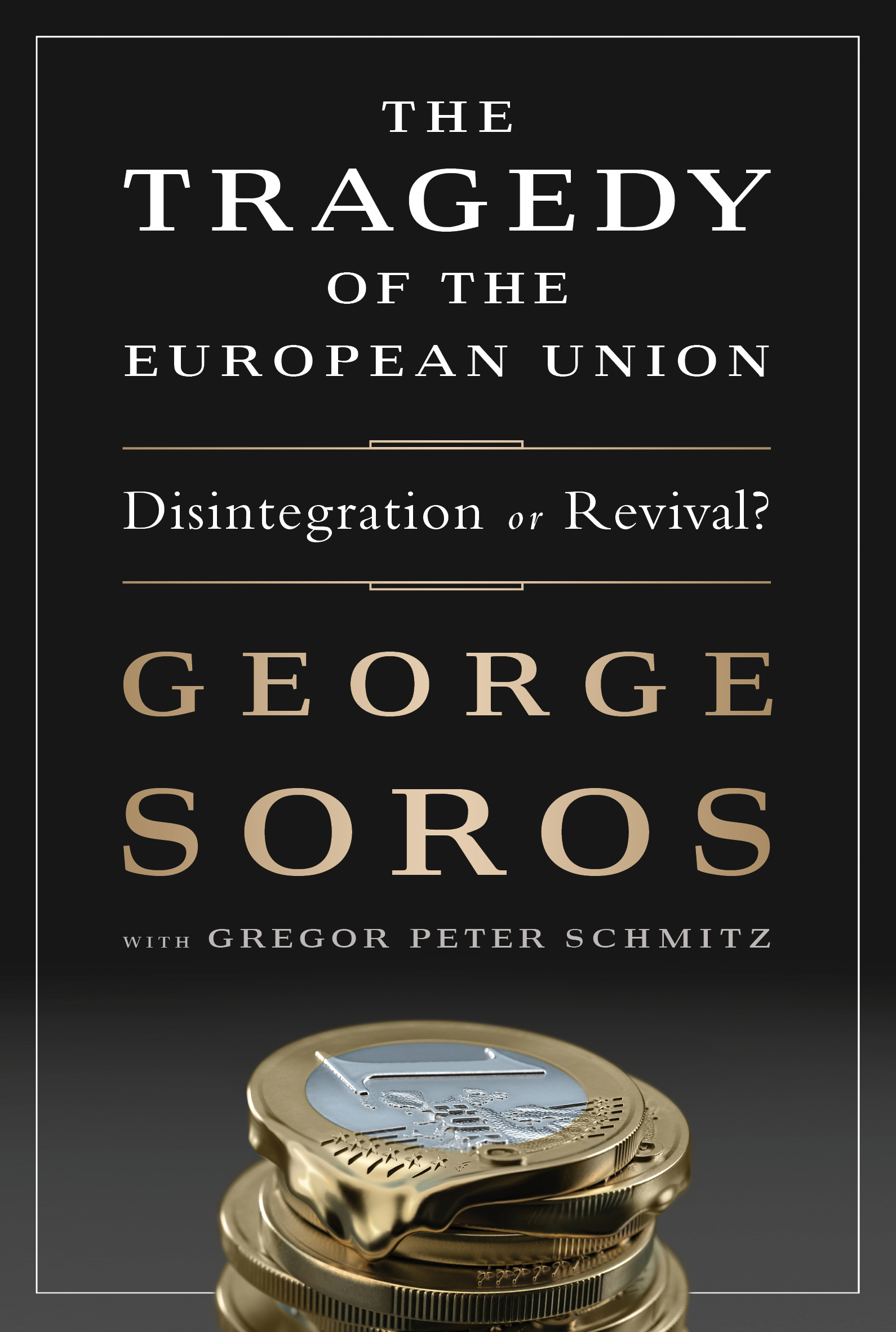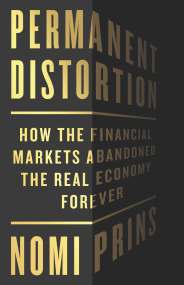By clicking “Accept,” you agree to the use of cookies and similar technologies on your device as set forth in our Cookie Policy and our Privacy Policy. Please note that certain cookies are essential for this website to function properly and do not require user consent to be deployed.
The Tragedy of the European Union
Disintegration or Revival?
Contributors
By George Soros
With Gregor Schmitz
Formats and Prices
- On Sale
- Mar 11, 2014
- Page Count
- 208 pages
- Publisher
- PublicAffairs
- ISBN-13
- 9781610394222
Price
$12.99Price
$16.99 CADFormat
Format:
- ebook $12.99 $16.99 CAD
- Hardcover $22.99 $26.50 CAD
This item is a preorder. Your payment method will be charged immediately, and the product is expected to ship on or around March 11, 2014. This date is subject to change due to shipping delays beyond our control.
Buy from Other Retailers:
This is no mere academic question with limited importance for America and the rest of the world. In the past decade, the EU has declined from a unified global power to a fractious confederation of states with staggering unemployment resentfully seeking relief from a reluctant Germany. If the EU collapses and the former member states are transformed again from partners into rivals, the US and the world will confront the serious economic and political consequences that follow.
In a series of revealing interviews conducted by Dr. Gregor Peter Schmitz, George Soros — a man of vast European experience whose personal past informs his present concerns — offers trenchant commentary and concise, prescriptive advice: The euro crisis was not an inevitable consequence of integration, but a result of avoidable mistakes in politics, economics, and finance; and excessive faith in the self-regulating financial markets that Soros calls market fundamentalism inspired flawed institutional structures that call out for reform. Despite the considerable perils of this period, George Soros maintains his faith in the European Union as a model of open society. This book is a testament to his vision for a peaceful and productive Europe.
Newsletter Signup
By clicking ‘Sign Up,’ I acknowledge that I have read and agree to Hachette Book Group’s Privacy Policy and Terms of Use







